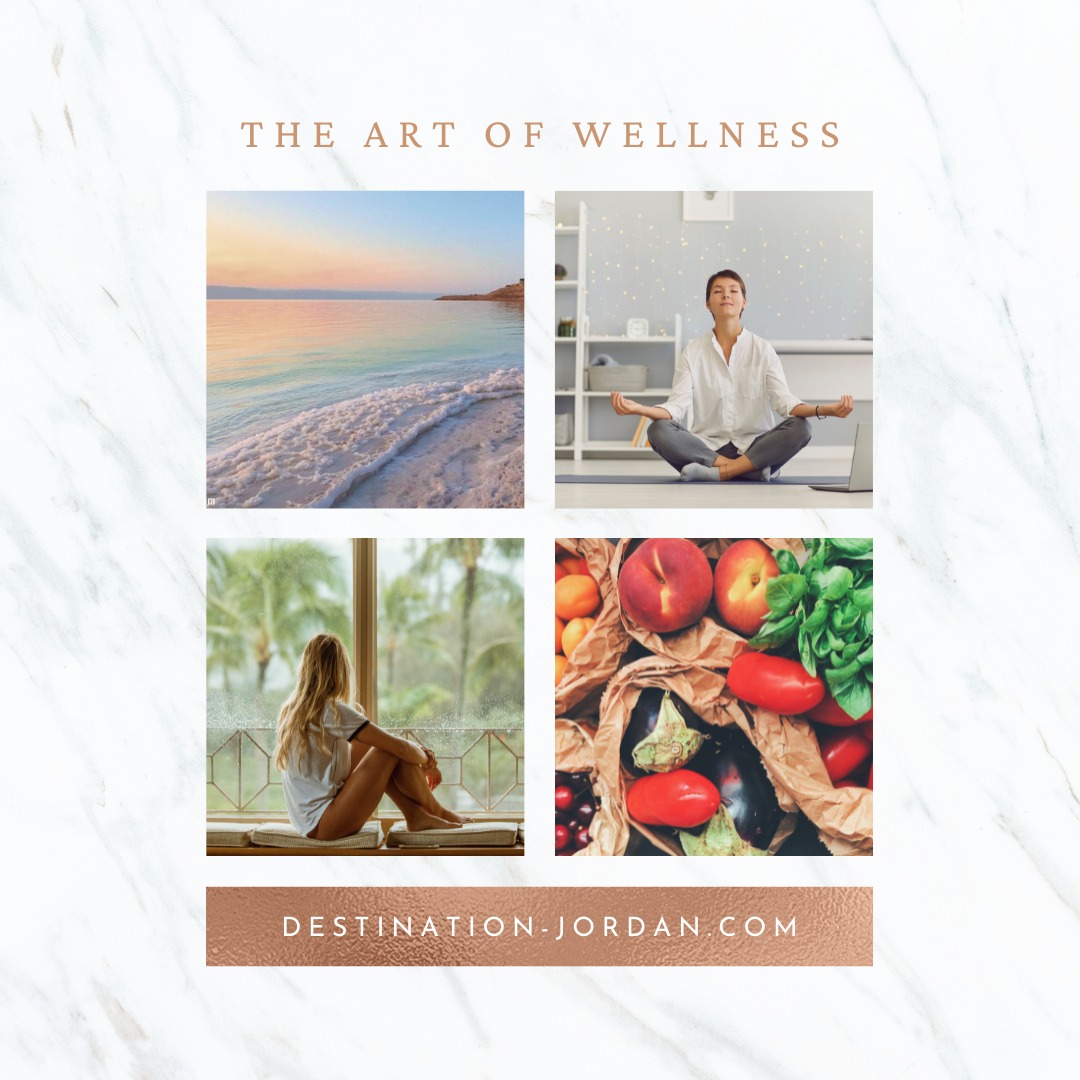Wellness is linked to an active process of awareness and decision-making that leads to a state of optimal holistic health and wellbeing.
The term "wellness" refers to a broad concept. We've tried to give a broad yet particular idea of what it means in this guide. We definitely consider wellbeing in terms of being healthy in all aspects of our lives. This encompasses the emotional, physical, occupational, intellectual, financial, social, environmental, and spiritual aspects of one's life. These dimensions are linked together, one on top of the other.
We also acknowledge that we live in a multicultural world, and wellness involves a wide range of areas that are beyond the scope of this debate. For example, we consider trauma is a universal human experience and that our culture and spiritual beliefs have an impact on our thoughts, behaviors and actions. it is about how we live our lives and the joy and fulfillment and health we experience.
According to NCBI Wellness encompasses 8 mutually interdependent dimensions: physical, intellectual, emotional, social, spiritual, vocational, financial, and environmental. They illustrated them as follows;
Physical Dimension
💫 Caring for your body to stay healthy now and in the future
Intellectual Dimension
💫Growing intellectually, maintaining curiosity about all there is to learn, valuing lifelong learning, and responding positively to intellectual challenges
💫Expanding knowledge and skills while discovering the potential for sharing your gifts with others
Emotional Dimension
💫Understanding and respecting your feelings, values, and attitudes
💫Appreciating the feelings of others
💫Managing your emotions in a constructive way
💫Feeling positive and enthusiastic about your life
Social Dimension
💫Maintaining healthy relationships, enjoying being with others, developing friendships and intimate relations, caring about others, and letting others care about you
💫Contributing to your community
Spiritual Dimension
💫Finding purpose, value, and meaning in your life with or without organized religion
💫Participating in activities that are consistent with your beliefs and values
Vocational Dimension
💫Preparing for and participating in work that provides personal satisfaction and life enrichment that is consistent with your values, goals, and lifestyle
💫Contributing your unique gifts, skills, and talents to work that is personally meaningful and rewarding
Financial Dimension
💫Managing your resources to live within your means, making informed financial decisions and investments, setting realistic goals, and preparing for short-term and long-term needs or emergencies
💫Being aware that everyone’s financial values, needs, and circumstances are unique
Environmental Dimension
💫Understanding how your social, natural, and built environments affect your health and well-being
💫Being aware of the unstable state of the earth and the effects of your daily habits on the physical environment
💫Demonstrating commitment to a healthy planet
What are the steps towards better wellness state of being?
Most of us have a habit or activity that helps us feel good about ourselves or in control. It may be as simple as going on a stroll with our dog or managing our budget. We may need counseling from family and friends at times and some other times we might need to seek a professional therapist to help us get through things. That's fine, too, and that's where other people's help comes in. We feel less alone when we talk to someone who has gone through similar experiences—whether it's a mental health condition, addiction, trauma, pain concerns, smoking, diabetes, bullying, or abuse. It might give us the courage to move on when we understand others have had similar sentiments and experiences and have been able to move forward and progress. Taking care of all aspects of the above mentioned dimensions will cultivate and empower us, each in their own way of defining those points.
Personal balance and contentment may be found in having self-defined routines and habits. Our fundamental necessities (nutrition/food, housing, social affiliation, safety, and so on) and the numerous roles we play in society influence our routine and habit. What we eat, what we wear, how we interact with people, how we go to work, how we spend or save money, and more are all influenced by our habits. Habits become imprinted in our minds and are difficult to break. For example, we may lower ourselves down or believe that we require a specific item or person to help us get through a difficult situation. Otherwise, we can learn. Our routines and habits can be impacted or altered by life demands, stress, crisis, or trauma. This sometimes can lead to emotional anxiety, depression, Isolation, anger issues, or physical imbalances.
Establishing new, better habits that support our wellness goals and values can be challenging, but worth it. Developing healthier routines and habits in our lives can lead to a better and positive feelings (emotional), relationship and the satisfaction that comes with it (social), could lead to increased energy (physical), and we feel more inspiration (emotional), and a feeling that we are using our creative talents, skills, and our abilities to participate in activities occupational, intellectual, spiritual.
